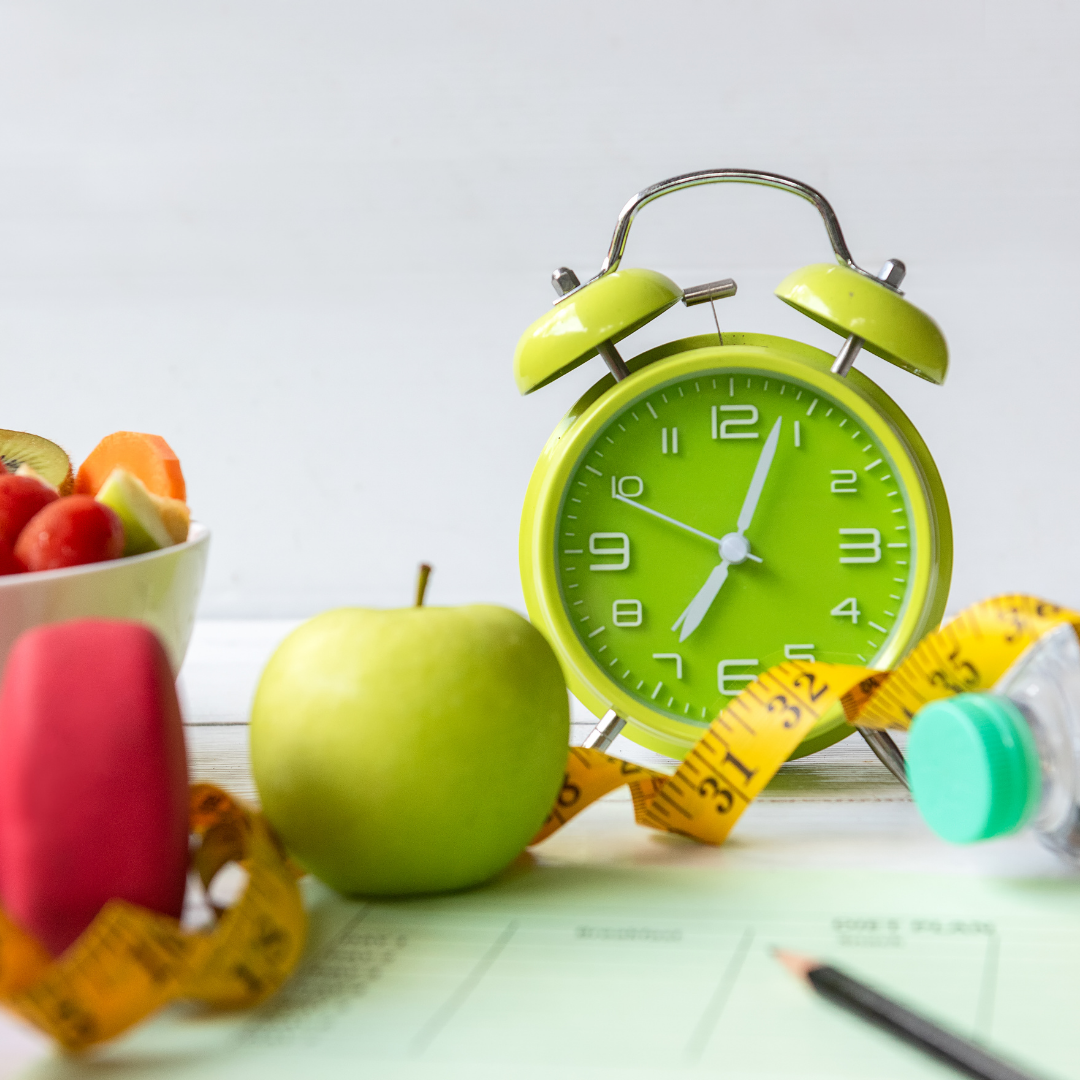
For many professional athletes, Covid has definitely shaken things up as a result of many of you now working from home, changes in eating habits, energy expenditure, training regimes and events.
Rest with the right nutritional strategy you'll come back stronger than ever.
1) The Importance of Maintaining a Nutrition Strategy During Covid
2) The Key to Your Sports Nutrition Strategy
(i) Size: Your Requirement & Portion sizes
(ii) Type: The Food You Choose
(iii) Timing: When You Eat
Size - Your Nutritional Requirements
Your requirement depends on your age, weight and level of activity. Keep in mind that your energy expenditure may have likely decreases significantly during lockdown.
Your energy or calories are composed of a combination of your macronutrients - carbohydrates, protein and fat
Requirements (adjust lower or higher depending on level of activity)
Type & Timing
We can often underestimate the functions and abilities of foods. By utilising and understanding the how our macronutrients work we can manipulate and utilise them to allow us to function and perform at our best
- Carbohydrates
- Are our main source of fuel and are broken into quick release and slow release, this is called the Glycaemic Index (GI) or sugar index
- The GI refers to the rate at which sugar or glucose gets absorbed into the bloodstream
- High GI carbs - Are quickly absorbed the bloodstream, causing a spike in our blood sugar levels (foods high in refined sugar, white bread & pasta)
- Low GI carbs - Are slowly absorbed into the blood stream, causing a steady inflow (brown bread, brown pasta, brown rice, wholegrain foods)
The Glycaemic Index (Timing)
When it comes to performance, we want an continual supply of fuel
- Protein
When to Take Your Recovery Protein Supplement (Timing)
- It is generally recommended to take your protein supplement within 20-30 minutes post training for optimum
recovery
Types of Recovery Protein
- As your training intensifies it's important to preserve your muscle stores and increase strength. It may be necessary to take a recovery protein supplement post training
Whey Protein
Provides a wide spectrum of amino acids (essential & non essential)
Casein Protein
Plant Based Protein Supplements
(Rice & Hemp)
- This combination provides the full spectrum of amino acids when taken in the right quantity (15g of each is one serving)
- Other plant based protein supplements also include soy and pea protein for instance which are also good sources
- Fat
We need a small amount of fat in the diet for the absorption of our fat soluble vitamins (A, D, E & K)
- Saturated & Trans Fats found in fatty
Sources: Meat, lards, margarines & processed meats
- Little nutritional value
- Mono Unsaturated Fats
Sources: Nuts, avocados, olives, olive oil
- Polyunsaturated Fats
Sources: Oily fish (Including salmon, mackerel, herring, trout & tuna), walnuts, flaxseed, sunflower based spreads - These include your omega, 3, 6 & 9 fatty acids which are important for your joints and circulation
When to Eat Fats (Timing)
3) Meal Planning
Based on your requirements above you can now begin to plan your meals and snacks for the week ahead, keeping in mind your quantities and timings and factoring these into your training.
3) Set Up Schedule
As lockdown may find many of you working, training and eating at home, you may find that these aspects of your life have become unbalanced.
Work/Study - It's hard when working or studying from home to set the work/study, life, eating and training boundaries. For this reason it's important to set a schedule of your working hours so they don't flow into other areas of your life and affect your training and nutrition strategy.
Eating - The body also loves routine, and by having your meals at the same time every day, it allows your body and digestive system to synchronise.In terms of your eating schedule, This also your designated time for taking a break from tasks and focusing on your meal or snack, allowing you to properly digest and savour your foods
Training - By understanding the type and timing of foods discussed above, you can now implement this into your daily routine through scheduling your training and eating into set times. This will help you get the most out of your nutritional strategy, maintain your fitness and strength.
4) Hydration – Establish Your Fluid Rehydration Strategy
With training and matches on hold, now is the optimum time to master another aspect of your nutrition strategy, hydration. The importance of hydration is often underestimated
Hydration is Important For
Your Basic Fluid Requirement
35ml x kg body weight
Fluid Rehydration Strategy
Millilitres (ml) = Kilograms (kg)
- Weight Lost = Fluid
- Example: Weight Loss = ½ kg = 500ml
5) Maintaining Your Fitness
To maintain your strength, fitness and endurance throughout lockdown, it's important to continue training by including a combination of different types of training and to build your nutrition strategy and schedule around these.
6) Sleep
Do not underestimate the importance of sleep as it provides us with the energy needed to train efficiently, allows us to repair, for our body do rebalance including our hormones.
Laurann O'Reilly - Nutritionist
For more information contact me here at info@nutritionbylaurann.ie or 085-7337432

A farmer’s daughter from Tipperary, Laurann has always had an appreciation for food, nutrition and health promotion.
Laurann has an honours BSc. Degree in Human Nutrition from the University of Nottingham and a Masters in Public Health Nutrition from University College Dublin. She is also an Associate Nutritionist with the Nutrition Society London.
With a passion for nutrition and experience working in Ireland and the UK, Laurann uses her knowledge and skills to help people achieve optimum health and assists in the prevention and treatment of nutritional related problems through means of nutritional consultation, personalised diet plans, health promotion and education.

Laurann has an Honours BSc. Degree in Human Nutrition from the University of Nottingham, a Masters in Public Health Nutrition from University College Dublin, is an Associate Nutritionist with the Nutrition Society London, a professional member of the Celiac Society Ireland, is registered with the Institute of Public Health Ireland and fully insured.
Dublin-Kildare-Tipperary